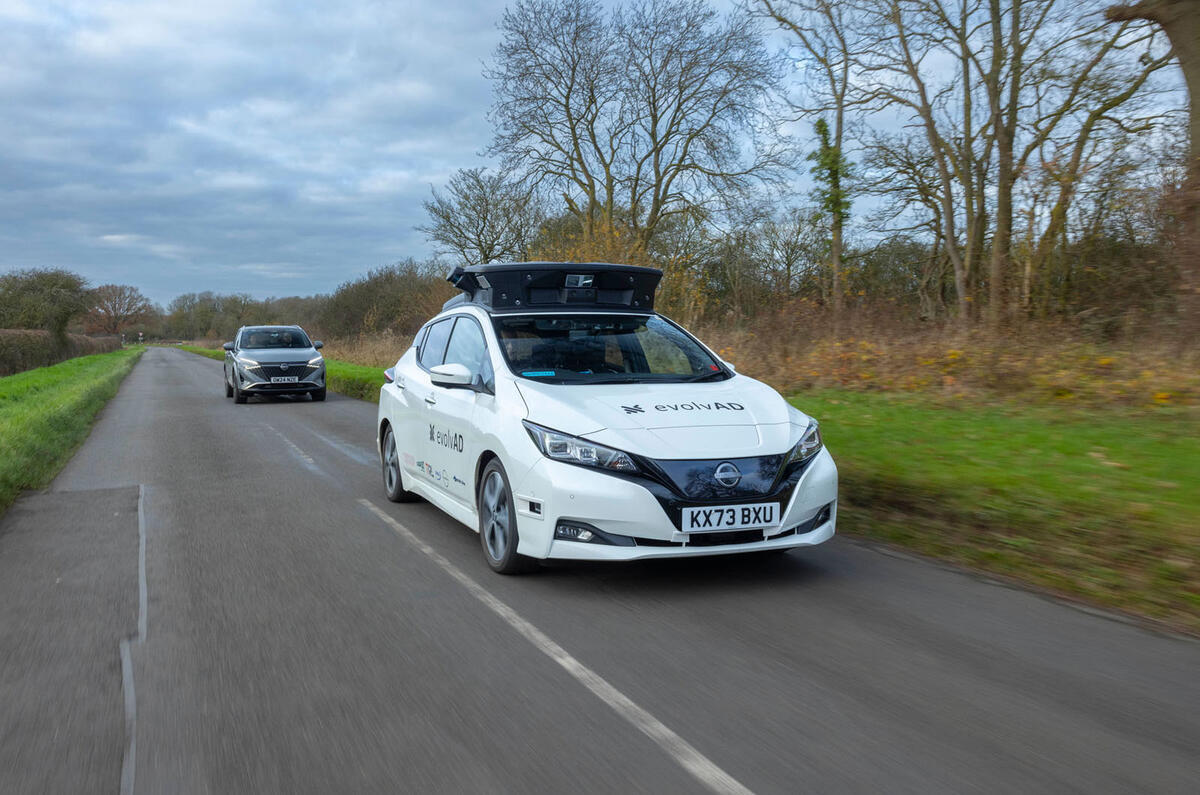The government has launched a consultation on the future of autonomous vehicles, with a view to putting self-driving taxis and buses on the road early next year.
It has invited the public and industry to provide their views on issues such as how to allow firms to run autonomous taxis, considering what safeguards should be put in place if permits need to be withdrawn. It will also call for statements on how to ensure autonomous taxi services are accessible to those who cannot drive, such as the elderly and disabled.
This will inform a pilot scheme for taxi companies to use autonomous vehicles in the UK, without a human back-up to take control if the car makes an error. A wider rollout is planned for mid-2027, when the Automated Vehicles Act comes into force.
The government claims the adoption of autonomous vehicles by taxi firms will create 38,000 jobs, though it is unclear whether that figure takes into account job losses as human drivers are replaced by technology.
“Self-driving vehicles are one of the most exciting opportunities to improve transport for so many people, especially those in rural areas or unable to drive,” said Lilian Greenwood, minister for the future of roads. “We want to work with passengers and industry to make this new form of transport safe and accessible, as we take our next steps towards adoption.”
Autonomous vehicles were first allowed to be tested on public roads across the UK in 2015, and several manufacturers have since tested the technology here. Among the most notable firms has been Nissan, which in March ended trials of a modified fleet of Leaf EVs after eight years. Nissan’s engineering chief, David Moss, called the tests “tremendously successful”, with the cars having covered 16,000 miles across motorways, town centres, residential streets and countryside lanes with no recorded accidents.







Join the debate
Add your comment
Can't be any worse than the majority of Uber drivers currently around.
My concern is our regulators won't allow this because one elderly customer who uses a taxi twice a year doesn't have a smartphone. Meanwhile the rest of the world storms ahead...
Another case where technology is making people redundant ,and at a time where recession and Brexit and COVID are putting Households under financial pressure,so some technology isn't that good really.
What about the well paid Engineering jobs created in designing, testing and rolling out these system? Or are you just considering the taxi driver jobs?